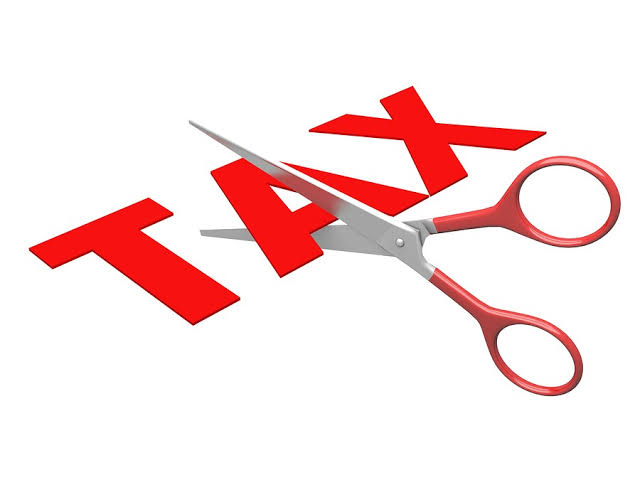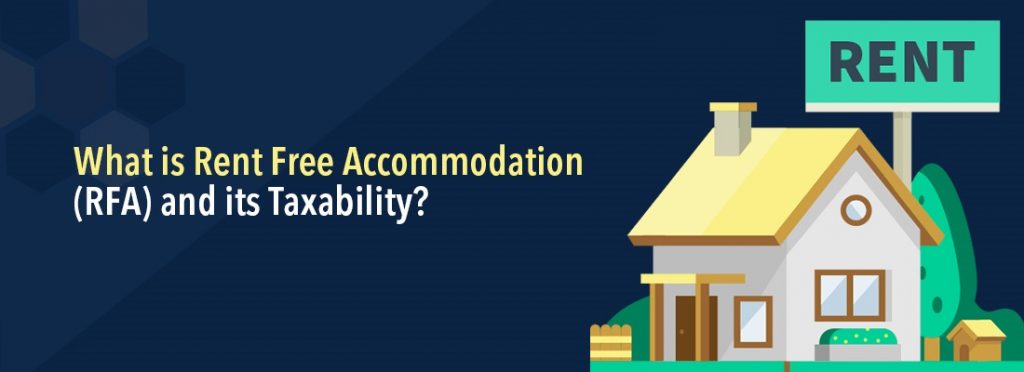
1. It should be ensured that, under the terms of employment, dearness allowance and dearness pay form a part of basic salary. This will minimise tax incidence on House Rent allowance, Gratuity, Commuted Pension and Employer’s contribution to Provident Fund.
2. Commission payable as per terms of employment at a fixed percentage of turnover achieved by an employee falls within the expression “Salary”. So that tax incidence on House Rent allowance, Gratuity, Commuted Pension would be lesser if commission is paid at a percentage of turnover achieved by the employee.
3. As uncommuted pension is always taxable, employees should get their pension commuted. Commuted pension is fully exempt in case of government employee and partly exempt from tax in case of non government employee who can claim relief under section 89.
4. An employee being member of recognised provident fund who resign before completing 5 years of continuous service, should ensure that he joins a concern which maintains a recognised provident fund for the simple reason that accumulated balance of the provident fund with the former employer will be exempt from tax, provided same is transferred to the new employer, who also maintains a recognised provident fund.
5. Employer’s contribution towards a recognised provident fund is exempt from tax upto 12 percent of salary, employer may give extra benefit to their employees by raising their contribution to 12 percent of salary without increasing any tax liability.
6. While medical allowance payable in cash is taxable, provision of medical facilities in certain hospitals is not taxable if some conditions are satisfied. Therefore employee should go in for free medical facilities instead of a fixed medical allowance.
7. Since incidence of tax on retirement benefits like gratuity, commuted pension, accumulated balance of an unrecognized provident fund is lower if they are paid in beginning of the financial year, employers and employees should mutually plan their affairs in such a way that retirement, termination or resignation, as the case may be, takes place in the beginning of financial year.
8. An employee should take the benefit of relief available under section 89 wherever possible. Relief can be claimed even in case of a sum received from unrecognized provident fund so far as it is attributable to the employer’s contribution and interest thereon. Although gratuity received during the employment is not exempt from tax under section 10(10), relief under section 89 can be claimed. It should be however, be ensured that the relief is claimed only when it is beneficial.
9. Pension received in India by a non resident assessee from abroad is taxable in India. If however such pension is first received by or on behalf of the employee in a foreign country and later on remitted to India, it will be exempt from tax.
10. As the perquisite in respect of leave travel concession is not taxable in the hands of employees if certain conditions are satisfied, it should be ensured that the travel concession should be claimed to the maximum possible extent without attracting any incidence of tax.
11. As the perquisite in respect of residential telephone, providing use of computer/laptops, gifts of movable assets (other than computer, electronic items, car) by employer after using for 10 years or more and free refreshments during office hours, are not taxable, employees can claim these benefits without adding to their tax bill.
12. Since the term salary include basic salary, bonus, commission, fees and all other taxable allowances for the purpose of valuation of rent free house, it would be advantageous if an employee goes in for perquisites rather than for taxable allowances. This will reduce valuation of rent-free house.
14. If rent-free furnished or unfurnished accommodation is provided by the employer at concessional rent, deduction under section 80GG can be claimed if certain conditions are satisfied.


